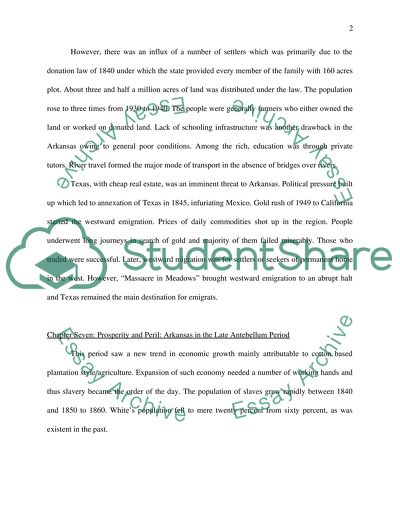Cite this document
(“The Rights and Rank to Which We Are Entitled Essay”, n.d.)
The Rights and Rank to Which We Are Entitled Essay. Retrieved from https://studentshare.org/literature/1528830-the-rights-and-rank-to-which-we-are-entitled
The Rights and Rank to Which We Are Entitled Essay. Retrieved from https://studentshare.org/literature/1528830-the-rights-and-rank-to-which-we-are-entitled
(The Rights and Rank to Which We Are Entitled Essay)
The Rights and Rank to Which We Are Entitled Essay. https://studentshare.org/literature/1528830-the-rights-and-rank-to-which-we-are-entitled.
The Rights and Rank to Which We Are Entitled Essay. https://studentshare.org/literature/1528830-the-rights-and-rank-to-which-we-are-entitled.
“The Rights and Rank to Which We Are Entitled Essay”, n.d. https://studentshare.org/literature/1528830-the-rights-and-rank-to-which-we-are-entitled.


